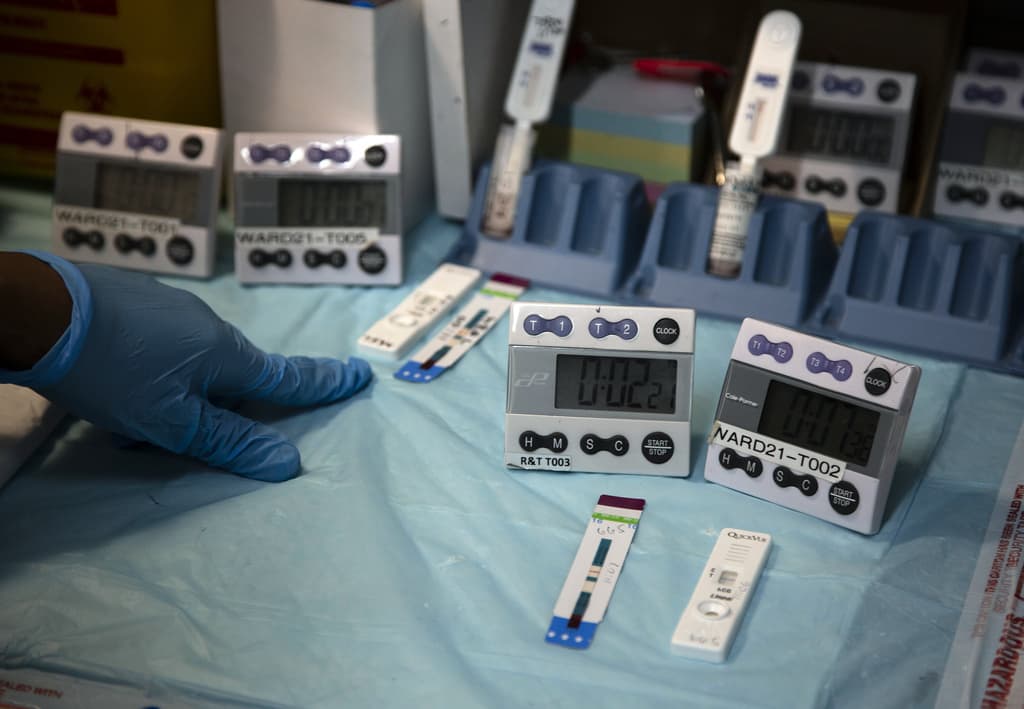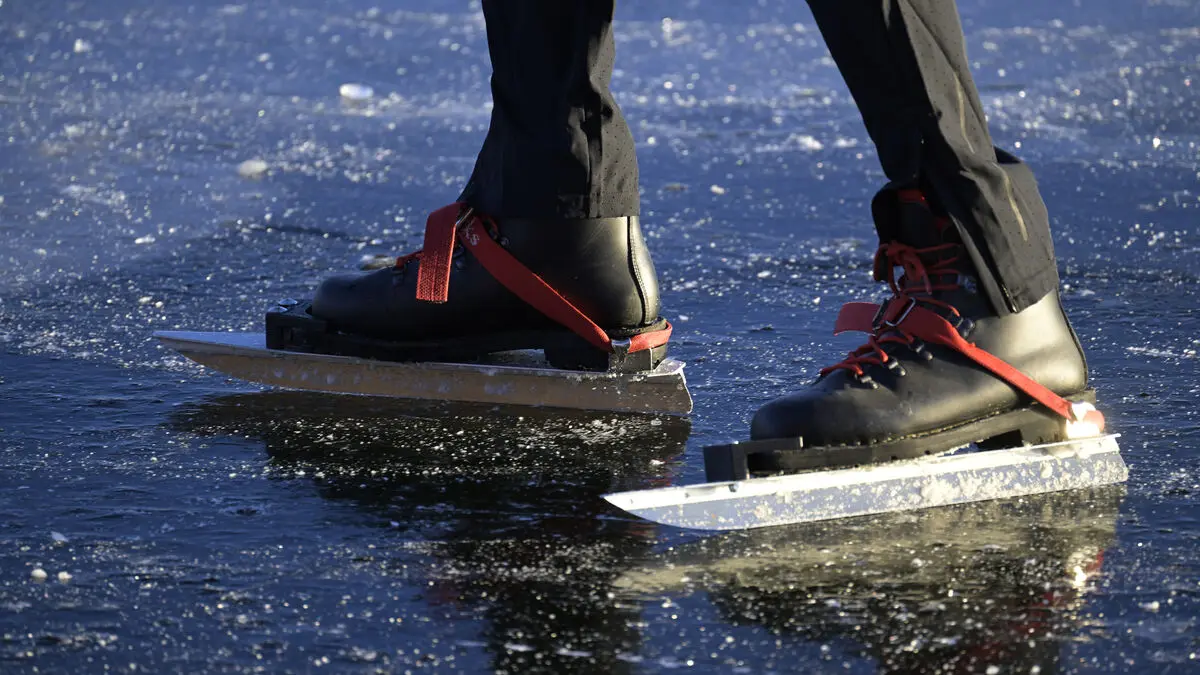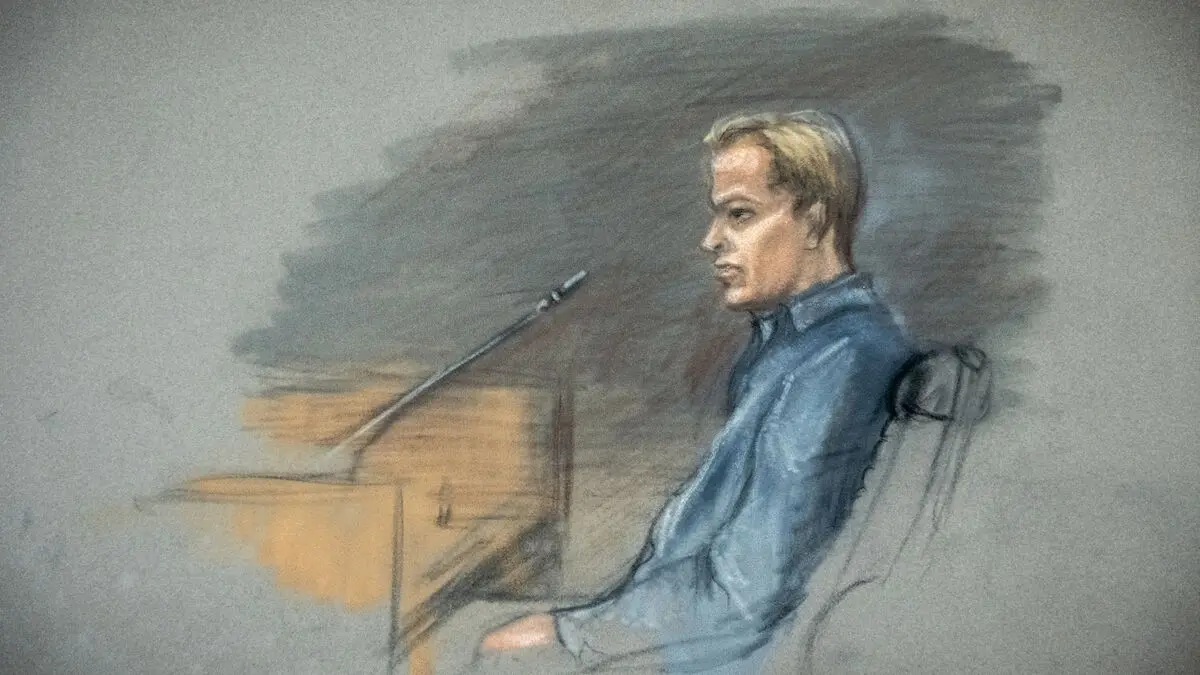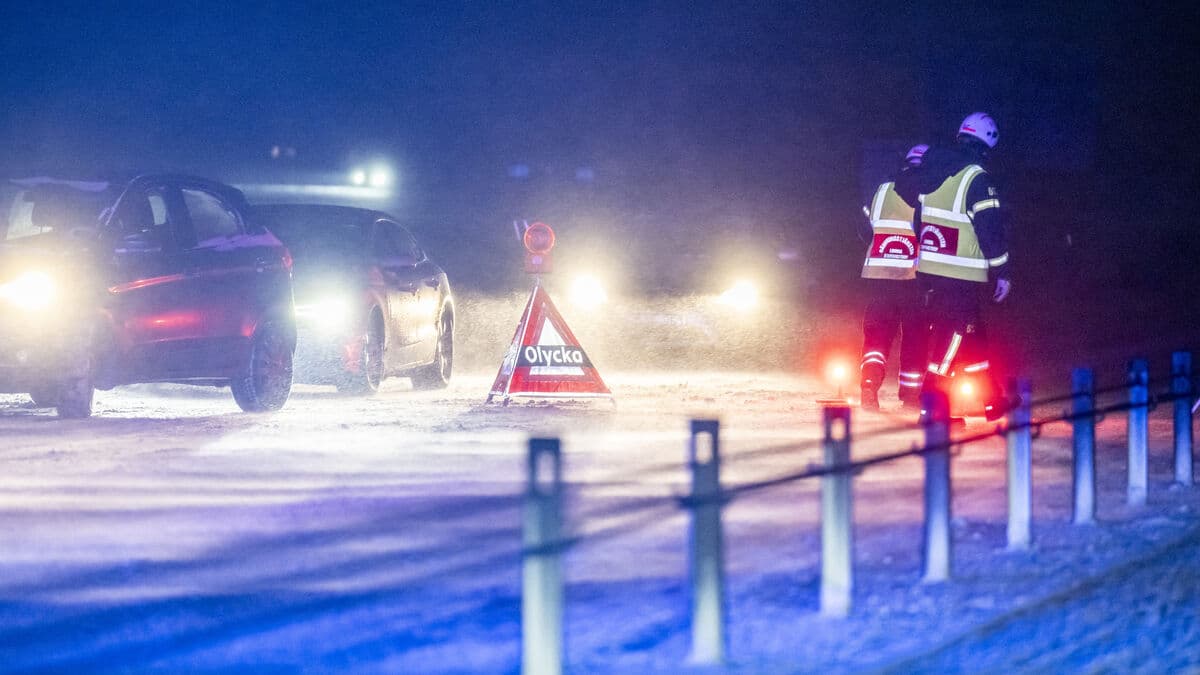A breakthrough in the fight against HIV among young women in Africa may be on the way. Participants in a large study achieved total protection against the disease with two injections per year of the tested medicine.
However, the pharmaceutical company's pricing may become an obstacle.
I got goosebumps, researcher Linda-Gail Bekker told The New York Times about her reaction when she saw the rows of zeros in the column of new infections.
After years of disappointments, especially regarding vaccines, this feels completely unreal.
The study was conducted on young women in Uganda and South Africa. The question was whether an injection every six months of the medicine lenacapavir could provide better protection for the group than two other traditional medicines that must be taken daily in tablet form.
Stigma hinders
The results show that none of the 2,134 women treated with lenacapavir were infected with HIV. However, 1.5 per cent and 1.8 per cent of those who were instead offered the daily tablets Truvada or Descovy did.
The figures are presented by the pharmaceutical company and the manufacturer behind lenacapavir, Gilead Sciences. The study has not yet been peer-reviewed for publication in a scientific journal.
The traditional medicines provide effective protection against HIV infection if taken daily. However, the method has not been uniformly successful in Africa, especially not in the group of young women. Stigma surrounding the possession and taking of the tablets, as well as difficulties in accessing the medicines, have meant that many have not been able to strictly follow the prescription.
High price
The hope is that an injection that only needs to be taken every six months can therefore be a more effective method for the group.
A big question mark is, however, the price. Gilead is currently charging $42,250 per patient and year – equivalent to over 440 000 kronor - for lenacapavir in the USA, writes The New York Times.
We have been waiting a long time for this, says Lillian Mworeko, leader of the network ICWEA, which represents HIV-positive women in East Africa, to the newspaper.
Now we need answers on how those who need it most can access it.
Gilead states that it plans to make the medicine available at a "price that enables widespread accessibility in low-income countries" through large volumes.
Calculated for 2022:
39 million people lived with HIV.
29.8 million people received antiretroviral treatment for HIV.
1.3 million people were infected with HIV.
630,000 people died of AIDS-related diseases.
Women and girls are still disproportionately affected, especially in Africa south of the Sahara.
Globally, an average of 4,000 young women and girls were infected with HIV every week in 2022.
Source: Unaids






